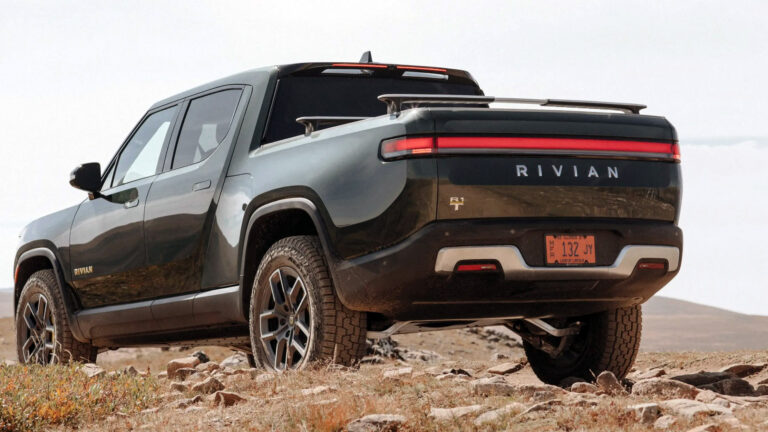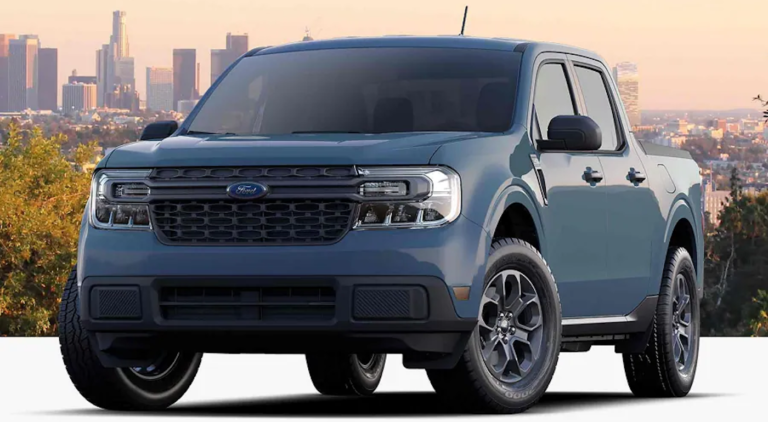The Essential Aspects of a Car
A car is a mechanically attached vessel that has wheels and is propelled by an external force. The car’s engine converts chemical energy from gasoline into mechanical energy. Other car components include steering mechanisms and braking systems. Read on to find out more about these essential aspects of a car. The car has several features that make it an indispensable part of modern society. This article will provide you with the essential information to find the car of your dreams.
Body styles
The term “body style” is used to describe different types of vehicles. There are dozens of different car brands, each offering different kinds of body styles. Today, you can choose from a variety of sizes and prices. The four-door coupe, for example, was first introduced in the early 1950s by the Nash/Rambler. Today, these vehicles are called “saloons,” “coupes,” and SUVs.
Modern cars come in all shapes and sizes, each with its own unique features. Learn more about the different body styles and how they affect your vehicle. Here are the main types of cars:
Engines
There are many types of car engines. Inline and V-shape engines are commonly found in modern cars. Inline engines are similar to V-shape engines, but each one has its own benefits. V-shape engines tend to be more fuel efficient and lightweight. Six-cylinder engines have a V-shape configuration. Inline and V-shape engines use similar design principles. Some engines also utilize supercharging or turbocharging to increase power and efficiency.
V-shaped engines have a V-shape, which is most common in performance vehicles. In a V-shape engine, the cylinders are arranged at an angle of sixty degrees, allowing for many cylinders. These engines are usually high-performance. Flat-shape engines, also known as boxer engines, have a low center of gravity. The number of cylinders determines the amount of power produced. Some modern engines use turbochargers to increase engine power without adding more cylinders.
Trim levels
Car manufacturers assign different names to their trim levels, but the basic pattern is the same. An entry-level model is called a base model and the top-level trim has the most features. As the car’s trim level increases, so do its price and the number of features and accessories. This makes it crucial to understand car terminology so you can make an informed decision when you buy a new car. Here are some helpful tips to understand car trim levels:
A car’s trim level represents the equipment and special features that are fitted to it. Typically, the equipment installed in a vehicle depends on its model, while the individual options are specific to each trim level. While many car manufacturers stick to this general formula, there are instances when a manufacturer creates multiple models to accommodate different customers’ preferences. For example, a Volkswagen GTi can be marketed as a standalone model, or a higher trim level within the Golf model.
Fuel tank
A car’s fuel tank is the part of the vehicle that holds the gas used to propel the vehicle. Fuel tanks are made of various substances such as plastic polypropylene, ethyl vinyl alcohol, and high-density polyethylene. They can be made into complex shapes, which are useful for saving space and improving crash safety. Alternatively, a tank can be made of metal, such as steel, and welded together with plastic adhesive. The choice of material depends on the make and model of the vehicle.
A steel tank is typically made of stainless steel or another alloy. Stainless steel is not as easily formed as other materials, and it is prone to crateriform corrosion. The main advantage of stainless steel is its resistance to oxidation and corrosion. Stainless steel fuel tanks are also more durable and safer to use, since they are made of a material that is corrosion-resistant. They are also safer to store gasoline in, and will not be affected by extreme temperatures or exposure to harsh environments.
Steam-powered road vehicles
There were a number of early steam-powered road vehicles. The Amedee Bollee steam car was the first of these. It had a boiler behind the passenger compartment and a front engine, as well as a chain drive to the rear wheels. The engine gave the vehicle an impressive 1,100 ftlb of torque at zero engine revs. It could reach a top speed of 60 km/h in about eight seconds.
Earlier steam-powered road vehicles were produced, but this didn’t stop inventors from creating gasoline-powered cars. During the 1830s, French and German car makers started experimenting with gas-powered engines. American, British, and Italian makers soon joined them. In the 1860s, steam-powered road vehicles outsold gasoline-powered cars in the US. Their electric counterparts were slow and expensive, and they were difficult to recharge on the road.
Assembly line manufacturing
The concept of assembly line manufacturing for cars is not new. Before the Industrial Revolution, most manufactured products were made individually by craftsmen. They used their tools and skills to create the different parts, then assemble them to create a final product. Sometimes they would make cut-and-try changes to individual parts until they fit properly. Today, assembly line manufacturing allows a car to be produced every twenty minutes or less. Here are some examples of how it works.
Inventors and workers used the assembly line concept to create a highly efficient production process. The assembly line allowed for many workers to do the same thing on a single car, which lowered the price of a new vehicle. Because of this, it has made new cars affordable to almost everyone. Ford Motor Company employees were able to enjoy better lives, because they were not bending over backwards to make a vehicle for a client.

I’m publisher on vents today if anyone want post on our website then do contact







